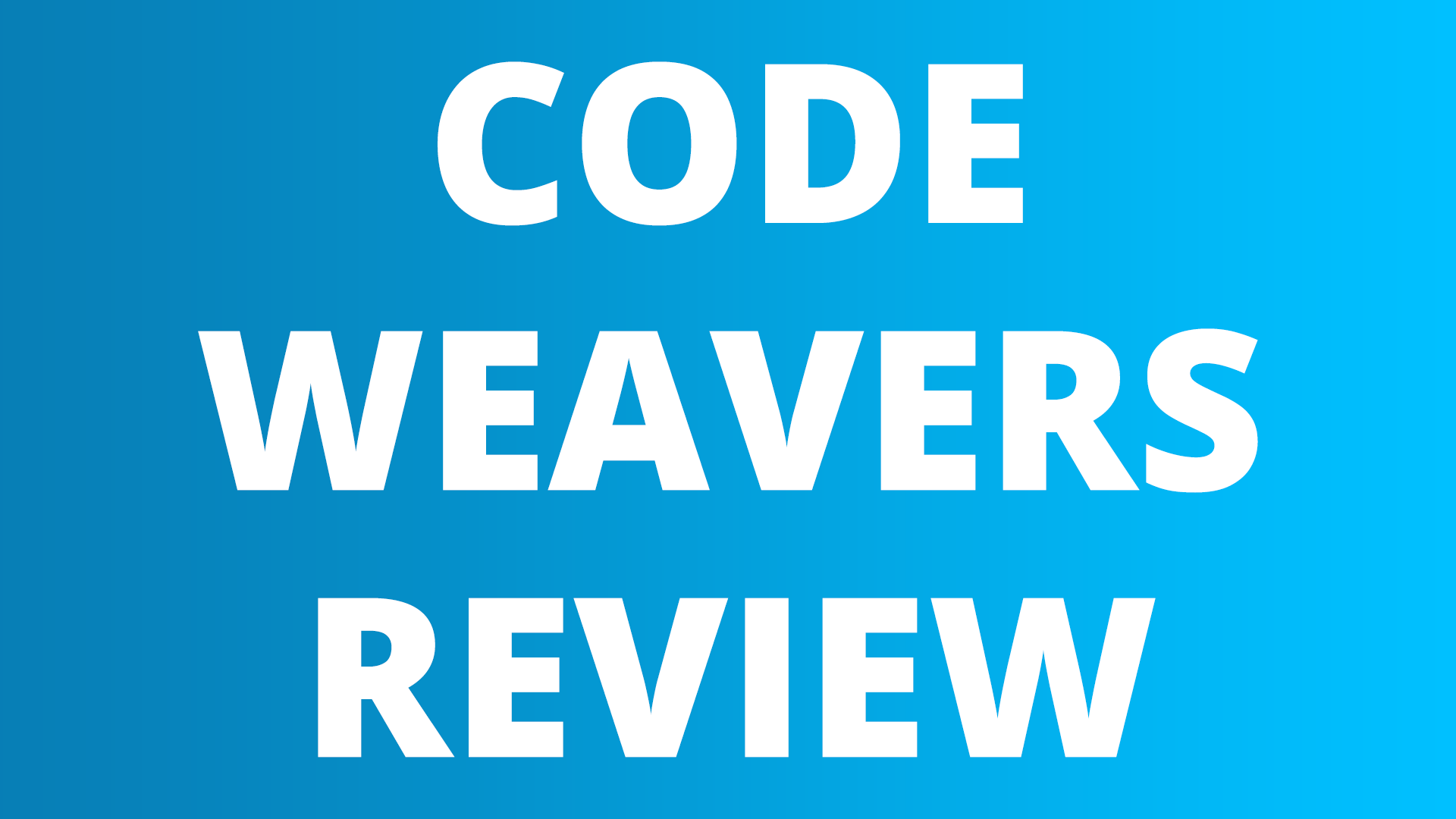Important link: Visit CodeWeavers
In the ever-evolving landscape of software development, the ability to seamlessly run applications across different operating systems has become a crucial aspect. CodeWeavers, a pioneering company in the realm of compatibility solutions, has emerged as a key player in bridging the gap between operating systems. This review aims to delve into the capabilities, features, and overall performance of CodeWeavers, shedding light on its significance in the world of cross-platform compatibility.
Overview:
CodeWeavers specializes in creating software solutions that enable the running of Windows applications on non-Windows operating systems, primarily Linux and macOS, through its flagship product, CrossOver. This technology is built upon the open-source project Wine, which serves as a compatibility layer allowing Windows applications to function seamlessly on Unix-like operating systems.
Ease of Installation and User Interface:
One of the standout features of CodeWeavers is its user-friendly installation process. CrossOver can be easily downloaded and installed, making it accessible to users with varying levels of technical expertise. The installation wizard guides users through the process, ensuring a smooth setup.
The user interface of CrossOver is intuitive and well-designed. It provides a clear overview of installed applications, with a simple menu for managing bottles (isolated environments for running Windows applications). This makes it easy for users to navigate and organize their Windows applications on non-Windows systems.
Application Compatibility:
CodeWeavers’ primary claim to fame is its ability to run Windows applications on Linux and macOS systems. The success of this compatibility largely depends on the specific application being used. CrossOver maintains an extensive compatibility database, providing users with insights into the performance of various applications.
For popular applications, such as Microsoft Office, Adobe Photoshop, and various productivity tools, CodeWeavers has shown commendable compatibility. However, it’s essential for users to check the compatibility database before installing less common or niche software, as some applications may not be fully supported.
Performance:
Performance is a critical factor when evaluating compatibility solutions, and CodeWeavers doesn’t disappoint in this regard. CrossOver aims to deliver a near-native experience for Windows applications on non-Windows systems. In many cases, the performance is impressive, with minimal lag or noticeable differences compared to running the same application on a native Windows environment.
It’s worth noting that the performance can vary based on the hardware and specifications of the host system. Users with higher-end systems are likely to experience better performance when running resource-intensive Windows applications through CrossOver.
Integration with System Environment:
CodeWeavers has put effort into ensuring that CrossOver integrates seamlessly with the host operating system. Windows applications installed through CrossOver appear in the system menus and can be launched like native applications. This integration extends to file associations, enabling users to open Windows files with their associated Windows applications directly from the host system.
The software also provides a feature called CrossTie, a system that simplifies the installation of specific Windows applications by automating the setup process. This further enhances the integration of Windows applications into the non-Windows environment.
Support and Updates:
CodeWeavers demonstrates a commitment to providing ongoing support and updates for its products. Users can find a wealth of resources on the company’s website, including documentation, forums, and a knowledge base. The community forums serve as a valuable platform for users to seek assistance, share experiences, and troubleshoot issues.
Regular updates and patches are released to address compatibility issues, improve performance, and introduce new features. This commitment to continuous improvement is crucial for maintaining compatibility with the latest Windows applications and addressing any emerging challenges.
License Model:
CodeWeavers adopts a subscription-based pricing model for CrossOver, offering different plans based on the user’s needs. This includes options for personal use, business use, and a one-time purchase option. The subscription model provides users with access to updates, support, and the latest compatibility enhancements during the subscription period.
While the subscription model may not be suitable for everyone, especially those who prefer a one-time purchase, it aligns with the company’s commitment to ongoing support and development. Users can choose the plan that best fits their requirements and budget.
Conclusion:
CodeWeavers has carved out a significant niche in the software industry by addressing the demand for cross-platform compatibility. Its flagship product, CrossOver, built on the Wine compatibility layer, offers a commendable solution for running Windows applications on Linux and macOS systems.
The user-friendly installation process, intuitive interface, and extensive compatibility with popular Windows applications make CodeWeavers a valuable tool for individuals and businesses alike. The performance is generally impressive, providing users with a near-native experience for a wide range of applications.
While some applications may not be fully supported, the company’s commitment to continuous improvement and the active user community contribute to ongoing developments and solutions. CodeWeavers stands as a reliable choice for those seeking to unlock the potential of cross-platform compatibility, offering a bridge between the diverse worlds of operating systems.
